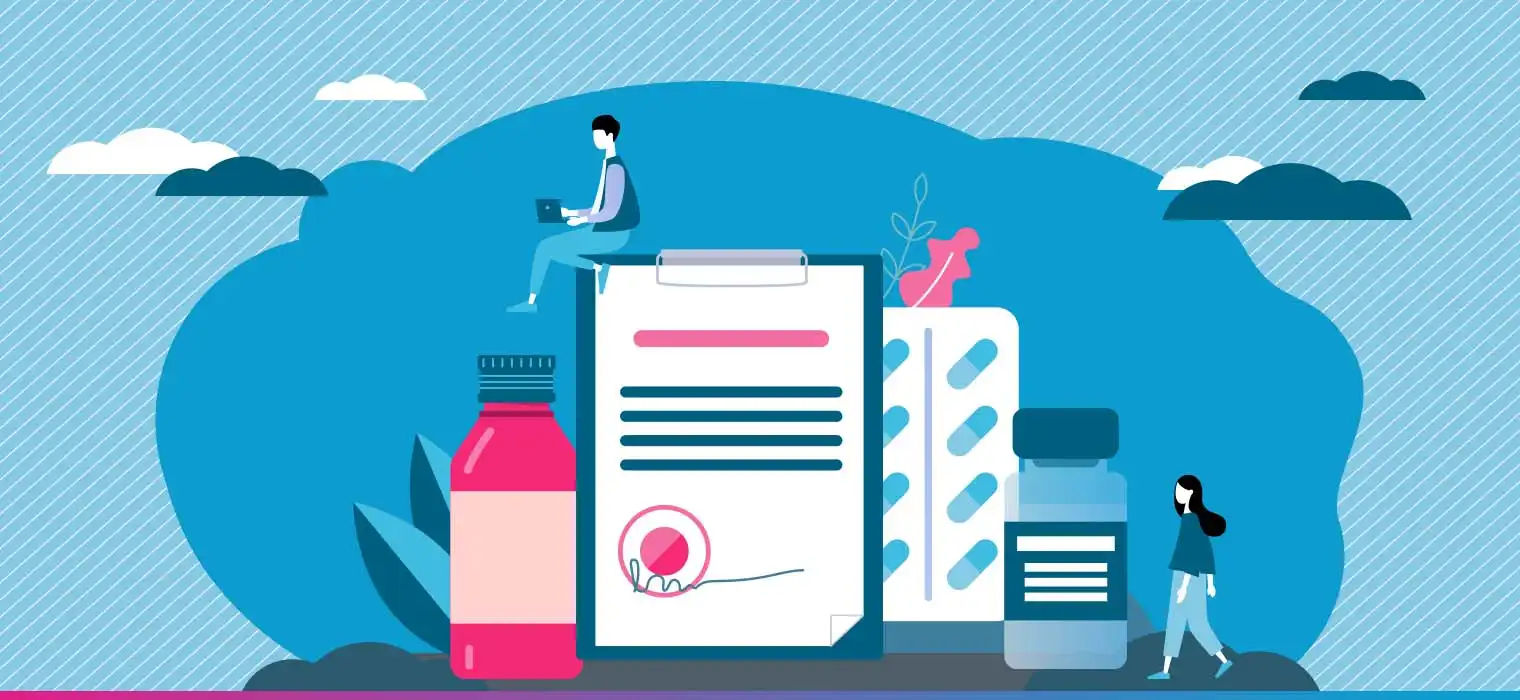Digestive Disorders
What Are digestive disorders?
Digestive disorders cover a variety of diseases involving the gastrointestinal system. They affect organs like the liver, stomach, gall bladder, and intestines. When a person has issues with their digestive system, that often leads to problems breaking down food into vital nutrients.
There are two separate classes of digestive disorders. The first one affects how a person’s gastrointestinal (GI) tract functions. Conditions that fall into that category include:
- Gastroesophageal reflux disease (GERD)
- Food poisoning
- Gas
- Diarrhea
The second class of digestive disorders causes abnormalities within the digestive tract and functional issues. Surgical intervention may be needed to address structural GI problems like:
- Hemorrhoids
- Diverticular disease
- Colon polyps
- Stenosis
- Anal fissures
- Irritable bowel syndrome (IBS)
What are the symptoms of digestive disorders?
The side effects caused by digestive disorders can range from mild to severe. Common symptoms experienced by people diagnosed with a digestive illness include:
- Pain
- Heartburn
- Bloating
- Bleeding
- Nausea and vomiting
- Problems with bowel movements such as diarrhea or constipation
What are the causes of digestive disorders?
Physicians typically review a patient’s medical history and perform a physical exam to assess the cause of their digestive issues. In addition, the doctor may have the patient undergo additional lab testing, imaging, and endoscopic procedures to confirm a suspected diagnosis.
Factors that can upset the general movements of your GI tract include:
- Not getting enough fiber in your diet
- A lack of regular bowel movements
- Consuming large amounts of dairy products
- High levels of stress
- Taking too much anti-diarrhea medication
- Pregnancy
Can any complications arise if left untreated?
Untreated digestive disorders can lead to more than temporary discomfort. Individuals could end up developing chronic conditions that keep them from digesting food, put them in the hospital, or endanger their life.
What medications treat digestive disorders?
Treatments for digestive disorders depend on the diagnosed condition. For example, if you have been diagnosed with constipation, your doctor may recommend consuming more water and fiber. Patients with IBS may need to cut back on excess caffeine consumption and avoid certain foods.
In some cases, your doctor may recommend medications to alleviate the symptoms, such as antiacids, antiemetics, laxatives, lactase supplements, antibiotics or creams, suppositories, pads or ointments.
Common medications may include
References
Digestive Disorders - Johns Hopkins



